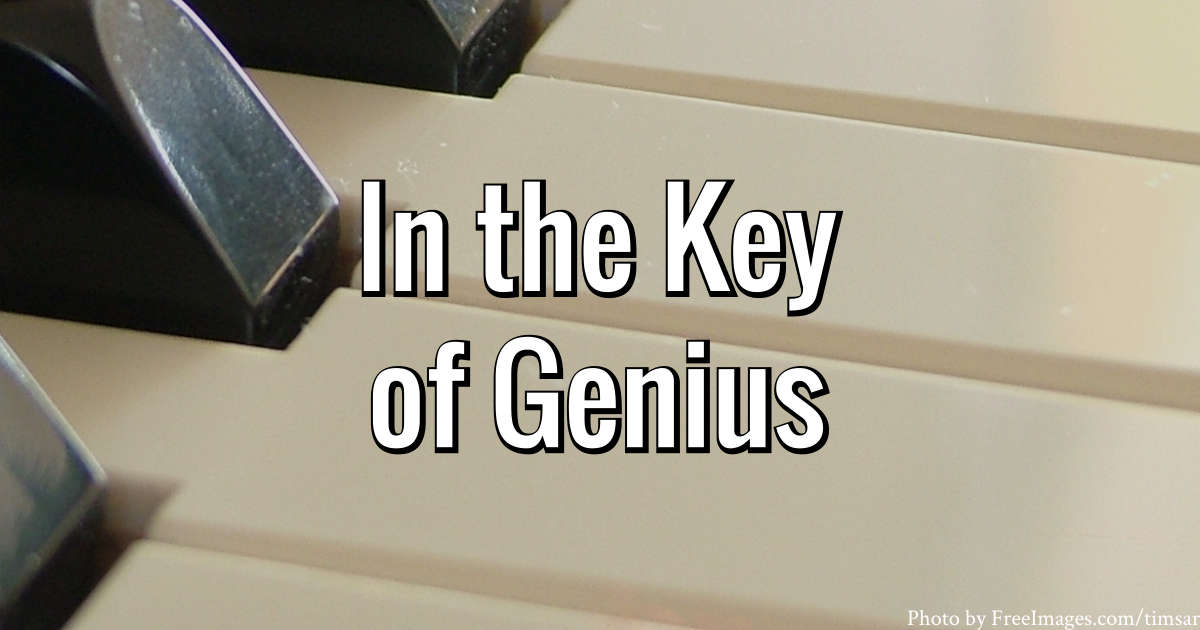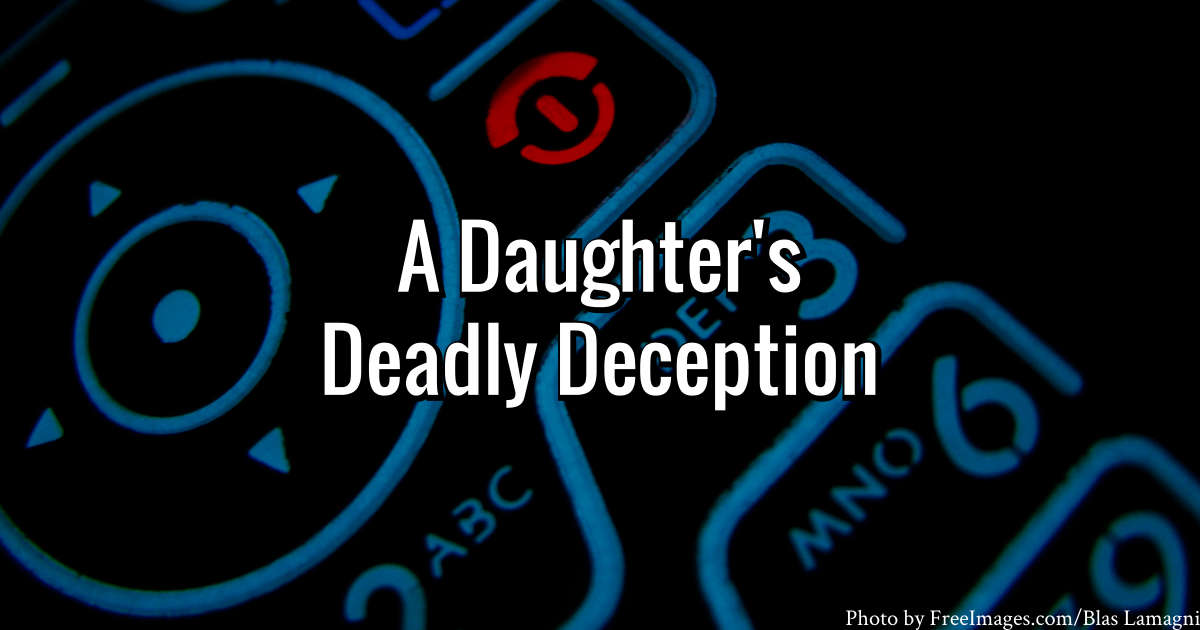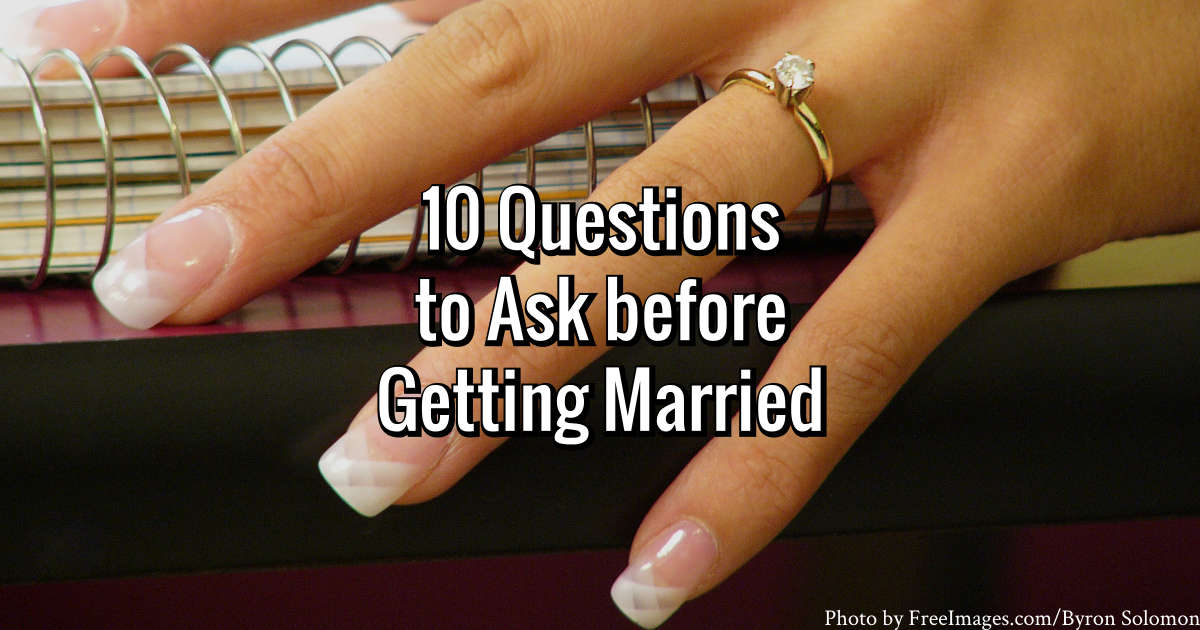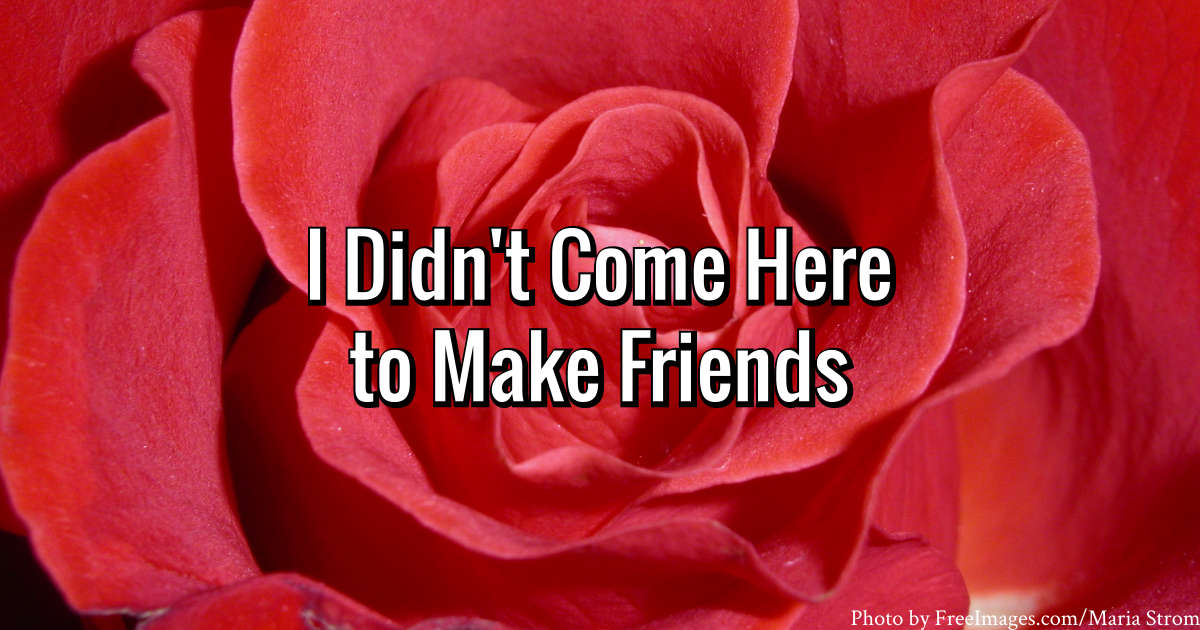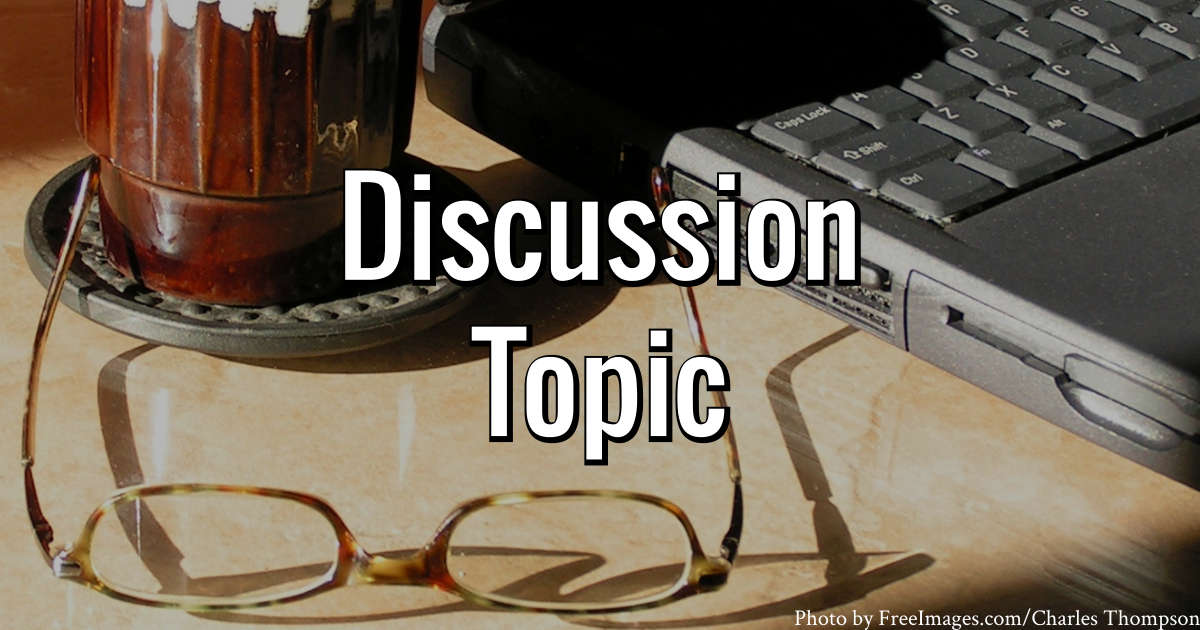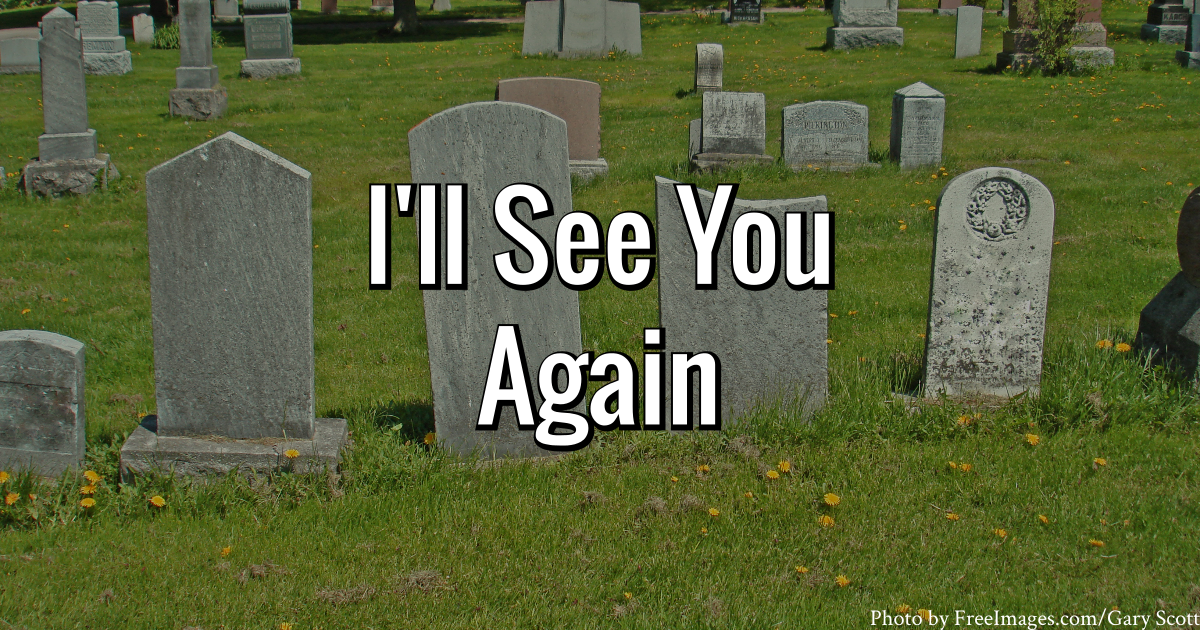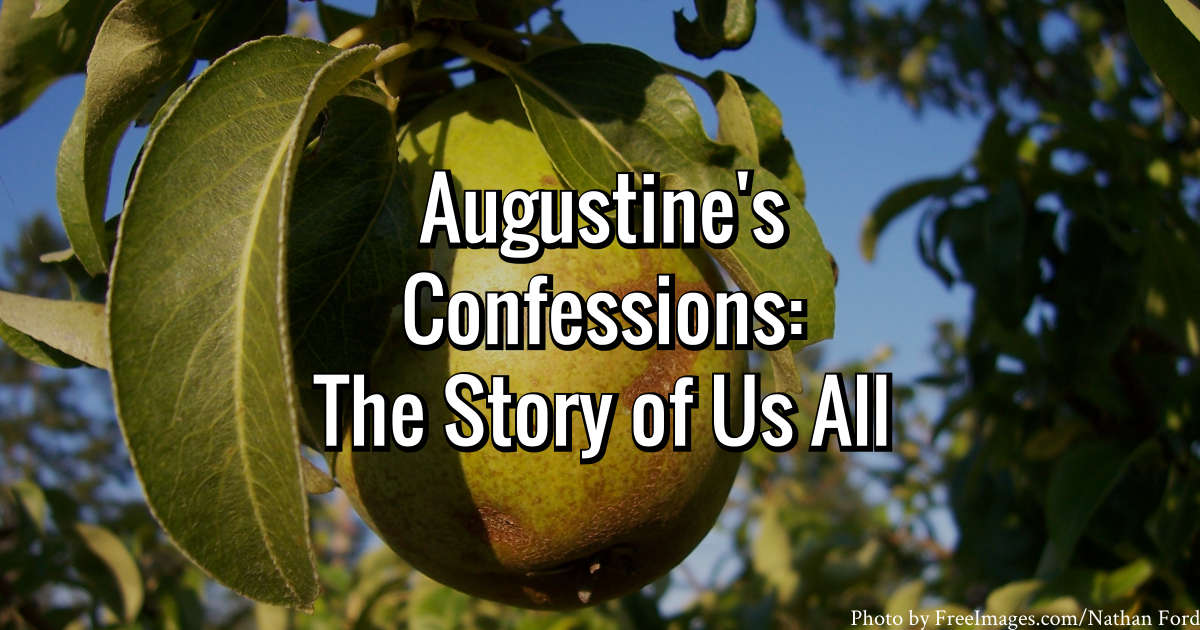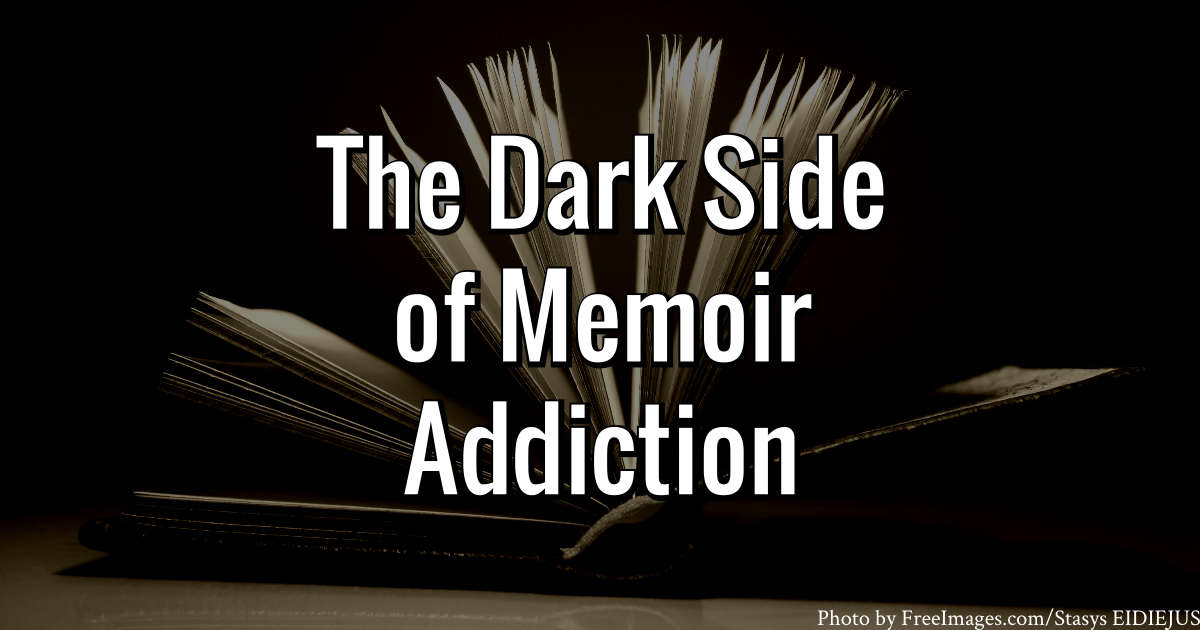I am a participant in the Amazon Services LLC Associates Program, an affiliate advertising program designed to provide a means for me to earn fees by linking to Amazon.com and affiliated sites.
Xu Hongci may be the only man to have ever escaped one of Mao’s prisons. Others caught attempting to escape were either killed on the spot or recaptured and put in chains. Despite two previous failed attempts in a less secure prison, Hongci escaped from Mao’s darkest prison. No Wall Too High is the fascinating account of his arrest, imprisonment, and freedom.

Hongci lived his early life in exuberant support of communism, studying to become a doctor under the regime’s orders. He met and fell in love with Ximeng, despite her relationship with another man. When the regime began looking for counterrevoluntionaries in their midst, Hongci was accused of counterrevoluntionary activities and multiple affairs (because of his unseemly relationship with Ximeng). He was sentenced to an undefined period in prison, where he would be reformed through labor.
After two unsuccessful escapes from prison, he was given a six year sentence. When the end of his six years approached, he was forced to remain as a “post-sentence detainee.” During this time, he was convicted and given another twenty year sentence. He was sent to Mao’s worst prison. It was from there that he escaped permanently.
Hongci was right to become disillusioned about communism under Mao.
Hongci loved communism and believed that it could still work. However, he saw so many things that were wrong with it under Mao’s leadership. Many of the prison convictions given out were complete fabrications. The prison systems that were meant to reform those who were convicted were ineffective because many prisoners had done no wrong. There was widespread violence and starvation in China, despite the regime’s insistence that they were providing abundance to everyone. In fact, some were so starved that they resorted to cannibalism.
Hongci’s desire for life is inspiring.
In an environment that supported the decision to commit suicide, Hongci chose to live. During his escape, he made a concentrated nicotine liquid to kill himself with in case he got captured. However, he fought as hard as he could to escape because he wanted to live. He knew that the prison was planning his execution, and that staying in prison would mean death. Refusing to accept his fate, he chose to take a small window of opportunity and escape. During his trip from the prison to Mongolia, he walked for hours at a time in bad conditions. His refusal to surrender and die kept him moving.
This book gave me a lot to ponder.
Books are great entertainment. There were a lot of things in this book that were fascinating. And while I was certainly entertained, I was also stimulated by information about a world I can hardly fathom living in. No Wall Too High has given me plenty of things to think about beyond the hours I spent reading it.
It made me think about the ways in which power corrupts.
Mao’s communism allowed those in power to do unspeakable horrors. The prison guards abused those in their care. In all of his years in prison, only one prison guard he encountered helped Hongci do anything to better himself. Unfortunately, even that small good was short lived because other prison guards saw that Hongci and the other inmates were talking and learning from each other. They used their power in a way that hurt and killed the prisoners.
It made me think about the ways I use my own words.
Hongci reflected on an incident where several men were forced to carry a heavy piece of equipment over a hill. While resting, the equipment began to slip and would have fallen to where it could not be retrieved. One of the prisoners jumped in front of it and used all of his strength to prevent it from falling. However, he did not receive a single word of affirmation for his good work. During Hongci’s years in prison, the guards only used their words to tear down the prisoners instead of building them up.
That made me really think about the ways I use my own words. While it may seem “helpful” when I instruct someone else about something that may have gone wrong, if all they ever hear from me is negativity, they may lose their desire to do anything for me. If all I see (in their perspective) is what they’ve done wrong, then what motivates them to do anything right? I can motivate more with positive language than negative.
It made my “first world problems” seem pretty silly.
I have had a dreadful cold all week. My husband can attest to the fact that I have been the whiniest person in the world. Yet, I’m not suffering from a cold while living in a prison cell. I don’t have to work hard labor for nineteen hours, whether I’m healthy enough to do so or not. On Thursday I was able to go to the doctor and the pharmacy to get antibiotics to treat the infection that has developed, something that Hongci would have been unable to receive. And as much as I whine for more, I’m receiving more than enough sympathy for my cold, something Hongci would not have received any of during his imprisonment. While my cold is still annoying, it is rather cozy when I compare it to all of the problems Hongci endured.
Quick Review:
No Wall Too High was a fantastic book. Xu Hongci’s perspective of life under Mao’s dictatorship was valuable and raw. Despite my liking it, this book contained pervasive violent material. However, I do not see how Hongci could tell his story without the descriptions of violence. There was some profanity and crude language. With its different perspective, this book will make you think. Although it is a longer book, it is worth taking the time to read.



